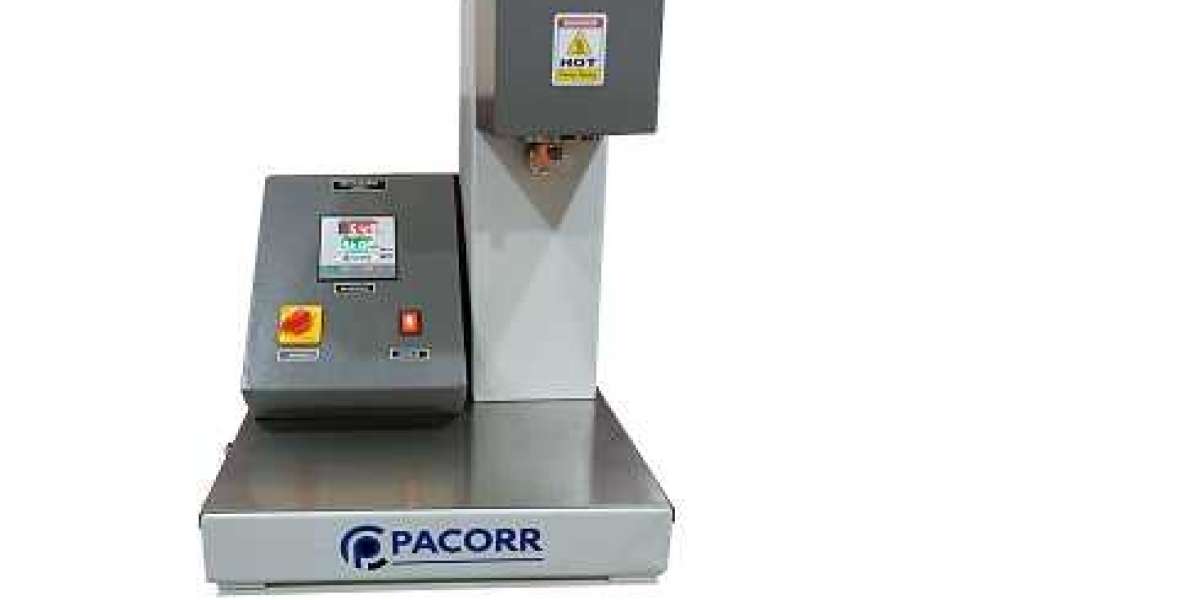In the dynamic world of plastics manufacturing, maintaining consistent quality and performance of materials is paramount. One of the critical tools that aids in achieving this consistency is the Melt Flow Index Tester.
Melt Flow Index Tester, its functionality, and its essential role in quality control within the plastics industry.
What is a Melt Flow Index Tester?
A Melt Flow Index Tester measures the flow rate of melted plastic materials under specific conditions. The Melt Flow Index (MFI), expressed in grams per 10 minutes, indicates the viscosity and flow characteristics of the polymer. This parameter is essential for determining the material's suitability for various applications and processing conditions.
Importance of Melt Flow Index in Plastics Manufacturing
Quality Control: Ensures the plastic material meets the required standards by detecting inconsistencies or deviations in the polymer's properties.
Material Selection: Helps select the appropriate material for different applications, ensuring optimal performance.
Process Optimization: Aids in fine-tuning manufacturing processes by understanding the polymer's flow behaviour.
Cost Efficiency: Reduces material waste and production costs through consistent quality and optimized processes.
How Does the Melt Flow Index Tester Work?
The Melt Flow Index Tester heats a plastic sample until it melts. The molten plastic is then extruded through a die under a specified load. The extruded material is weighed over a set period to calculate the MFI.
Key Features of Pacorr’s Melt Flow Index Tester
Precision Temperature Control: Ensures consistent heating and accurate measurements.
User-Friendly Interface: Simplifies the testing process for efficient operation.
Durable Construction: Built for industrial environments, ensuring long-term reliability.
Compliance with Standards: Meets international testing standards for a wide range of applications.
FAQ: Melt Flow Index Tester
Q1: What is the purpose of a Melt Flow Index Tester?
A: The Melt Flow Index Tester measures the flow rate of melted plastic to determine its viscosity and flow characteristics, crucial for quality control and material selection in plastics manufacturing.
Q2: How is the Melt Flow Index calculated?
A: The MFI is calculated by measuring the amount of molten plastic extruded through a die under specific conditions, expressed in grams per 10 minutes.
Q3: Why is the Melt Flow Index important?
A: The MFI provides critical information about the polymer's properties, ensuring the material meets required standards and performs optimally in various applications.
Q4: What materials can be tested with an MFI Tester?
A: Most thermoplastic materials can be tested with a Melt Flow Index Tester, including polyethylene, polypropylene, and polystyrene.
Q5: How often should the MFI Tester be calibrated?
A: Regular calibration is essential for accurate measurements. The frequency depends on usage, but a yearly calibration is generally recommended.
Q6: Can the MFI Tester be used for quality control in recycled plastics?
A: Yes, the MFI Tester is valuable for assessing the quality and consistency of recycled plastics, ensuring they meet industry standards.
Q7: What are the benefits of using Pacorr’s MFI Tester?
A: Pacorr’s MFI Tester offers precise temperature control, user-friendly operation, durable construction, and compliance with international standards, making it a reliable choice for quality control in plastics manufacturing.
Conclusion
The Melt Flow Index Tester is an indispensable tool for ensuring the quality and consistency of plastic materials. By providing accurate measurements of polymer flow characteristics, it aids in quality control, material selection, process optimization, and cost efficiency. Pacorr’s state-of-the-art MFI Tester is designed to meet the demands of the plastics industry, offering reliable performance and ease of use. Invest in Pacorr’s MFI Tester to enhance your manufacturing capabilities and maintain a competitive edge.
For more information, visit Pacorr.com or contact us directly.








